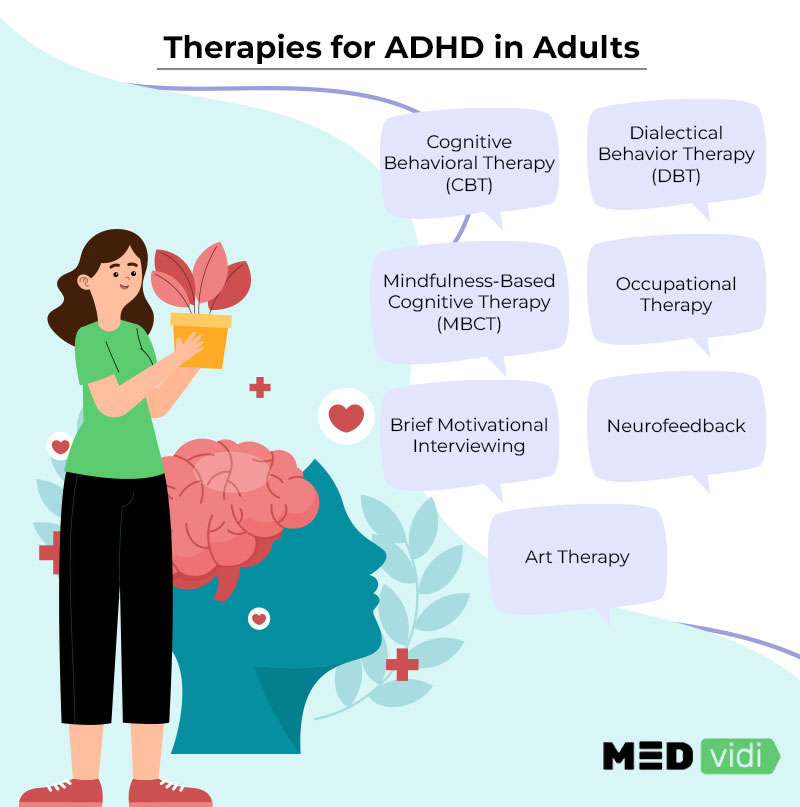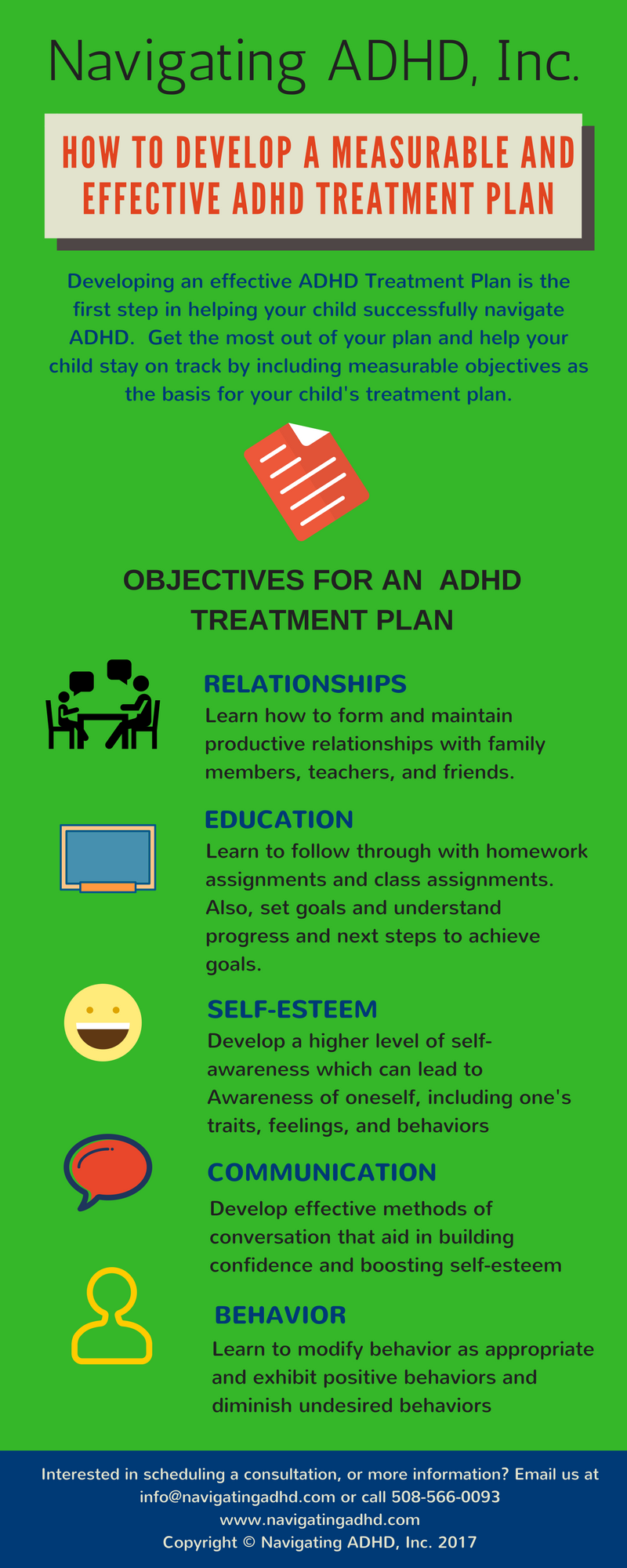Same Day Mental Health Services for Prompt Access to Expert Care
Same Day Mental Health Services for Prompt Access to Expert Care
Blog Article
Your Guide to Finding the Right ADHD Therapy for Enduring Results
Navigating the complexities of ADHD therapy calls for a nuanced understanding of both the disorder and the myriad choices available for reliable management. It is important to acknowledge that what benefit one person may not always yield the exact same outcomes for one more. Thus, a tailored strategy-- integrating professional support, medication, behavioral approaches, and lifestyle modifications-- comes to be critical. The journey toward determining the most suitable therapy strategy can be stuffed with challenges. What are the essential aspects that influence effective end results, and just how can individuals ensure they get on the ideal path?
Understanding ADHD and Its Influence

In adults, ADHD can result in challenges in workplace settings, influencing efficiency, time administration, and interpersonal partnerships. Usually, undiagnosed or improperly managed ADHD can add to co-occurring mental health concerns, such as stress and anxiety and depression, additional complicating a person's general well-being.
The social understanding of ADHD can vary, leading to preconception and misunderstanding, which might impede individuals from looking for aid. As awareness expands, it is vital to foster a setting that promotes understanding and support for those affected by ADHD, stressing the need for exact diagnosis and customized techniques to mitigate its influence on everyday life.
Review of Treatment Options
A thorough approach to dealing with ADHD includes a selection of choices customized to the individual's special requirements. These options can extensively be classified into behavior treatments, psychoeducation, and way of living alterations, together with medicinal treatments that might be discovered later.
Behavior interventions, such as cognitive-behavioral treatment (CBT), emphasis on modifying certain actions and creating coping methods to take care of symptoms successfully. Psychoeducation plays an important duty in empowering both individuals and their households by offering details concerning ADHD, its challenges, and efficient methods for assistance.
Lifestyle alterations can considerably affect ADHD monitoring. Regular physical activity, a balanced diet plan, and adequate rest add to total health and symptom control. Mindfulness practices and relaxation methods can additionally boost emphasis and lower impulsivity.
Assistance teams and family members therapy can promote a feeling of neighborhood and understanding, assisting people feel less separated in their experiences. Each therapy alternative should be considered together with the individual's choices and circumstances, guaranteeing a check my reference holistic method that promotes lasting success. Inevitably, the objective is to create an individualized therapy plan that deals with the particular challenges linked with ADHD while boosting total lifestyle.
Medicine: Pros and Cons
Medication plays a crucial function in the treatment of ADHD, with countless alternatives readily available that can dramatically relieve symptoms for numerous people. Energizers, such as methylphenidate and amphetamines, are typically prescribed and have actually shown efficiency in enhancing emphasis, lowering impulsivity, and enhancing general habits. These drugs work by enhancing dopamine and norepinephrine degrees in the brain, which are frequently dysregulated in those with ADHD.
Nevertheless, the usage of medicine is not without its difficulties. Some individuals might experience side effects, consisting of sleep problems, lowered appetite, or raised anxiety. Discovering the right dosage can be a trial-and-error process, requiring close tracking by healthcare professionals. Furthermore, not all clients react to energizer drugs, leading some to explore non-stimulant options, which may have a postponed onset of activity or different negative effects.
It is crucial for individuals and their family members to consider these benefits and drawbacks very carefully. Balancing the benefits of symptom management against potential adverse effects is vital for achieving optimum therapy end results. Partnership with doctor can help with educated decisions, guaranteeing that drug belongs to a detailed ADHD management plan.
Behavior Modification Strategies

One commonly used approach is Cognitive Behavior Therapy (CBT), which helps individuals recognize and change negative idea patterns that contribute to ADHD-related difficulties. Therapist for ADHD. Via CBT, customers find out to establish reasonable goals, manage time anchor properly, and develop business systems
Another efficient technique is Parent Monitoring Training (PMT), which informs parents on just how to enhance positive actions and minimize negative ones with constant self-control and interaction approaches. This technique promotes an encouraging home environment that encourages behavioral renovations.
Social skills training is likewise essential, assisting individuals with ADHD browse social interactions more efficiently. Role-playing and modeling proper habits can boost social competence and lower anxiety in social scenarios.
Way Of Life Changes for Better Management
Just how can way of living modifications considerably improve the management of ADHD symptoms? Implementing critical way of life modifications can lead to significant renovations in emphasis, company, and emotional policy for individuals with ADHD.
Firstly, developing an organized daily routine helps in creating predictability, which can reduce feelings of bewilder. Constant timetables for dishes, research study, and rest can improve daily functioning.
Integrating normal exercise is also vital, as workout has been shown to increase dopamine degrees, enhancing attention and motivation (Therapist for ADHD). Going for a minimum of half an hour of moderate workout most days can be useful
Nourishment plays a pivotal role too. A well balanced diet regimen abundant in omega-3 fatty acids, whole grains, and healthy protein can support cognitive function. Restricting refined sugars and caffeine may lower symptoms, as these can bring about power crashes and irritation.
Final Thought
Finally, discovering the best ADHD therapy demands a diverse strategy that takes into consideration private requirements and preferences. A mix of drug, behavior modification, and way of living adjustments can significantly improve sign administration and overall well-being. Taking part in psychoeducation and developing structured routines additionally supports efficient therapy methods. Collaboration with health care professionals and open interaction with support networks are crucial parts in navigating the complexities of ADHD administration, eventually causing long lasting results and enhanced quality of life.
Report this page